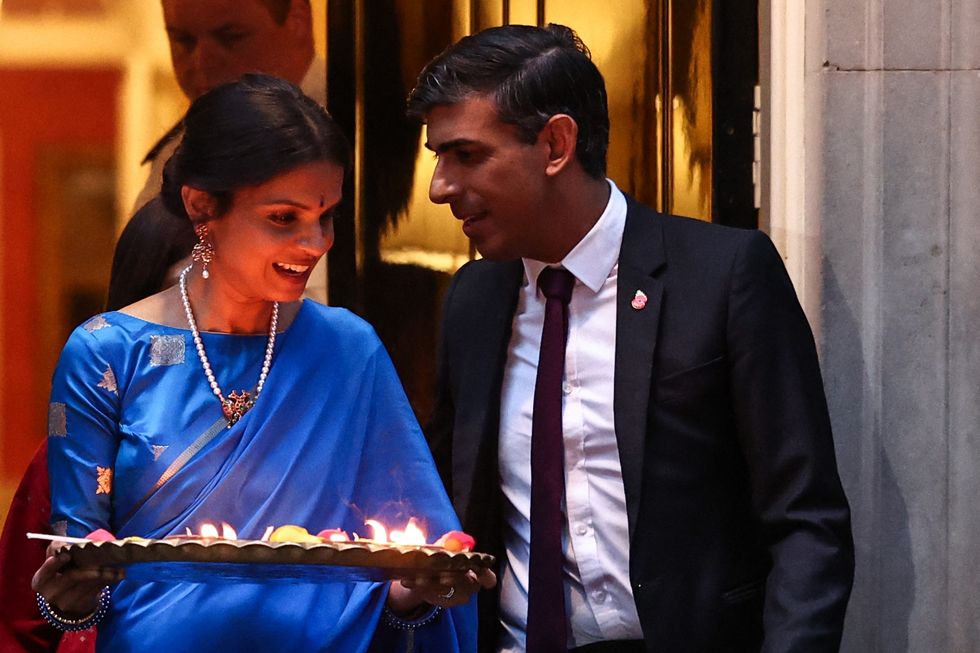A landmark ruling to be announced this week in the central London county court could bring UK law into line in terms of Sharia law's position on "bride price".
In an Islamic marriage contract, a bride price or mahr is an important part. It is a gift, or a promise of a gift to the wife by the husband - which is agreed between the parents or guardians of the bride and the groom verbally or in writing before the couple's marriage.
As per the sharia law, a wife has the right to ask for the full mahr at any time during her marriage or upon dissolution. However, south Asian women married under UK civil law are currently unable to demand its payment in full upon divorce.
Now, under section 25 of the Matrimonial Causes Act 1973, when applied through the family court, ir typically demands only the partial payment of the overall financial settlement.
So far the UK courts have dealt with cases involving written mahr contracts, but this case in question is the first involving an alleged oral contract.
The particular case involves one Nazma Quraysha Brishty, who has taken her former husband and his family to the county court to demand the full payment of her mahr, which she claims to be approximately £55,000.
According to The Guardian, the couple had a mutually agreed marriage in England in 2017. The separated later that that year and were divorced in 2018. Her former in-laws paid her £5,005 - the mahr written on her Islamic certificate of marriage. However, Brishty says they have refused to pay the remaining amount which her former father-in-law had promised in presence of her father and another witness. But her former husband and his family deny of making any such verbal promise.
Thamina Kabir, the principal solicitor at Thamina Solicitors, who is representing Brishty, said: "If this case is won in favour of Nazma, this decision will be an overwhelming triumph not only for her but also for other women in her circumstances."
“There is no established case law or parliamentary law dealing with women in this position. The decision itself would be the best and most thorough examination of a problem that has vexed legal practitioners for decades.”
“This decision, if made in the favour of Nazma, would be a landmark decision of this decade and would positively influence the justice system by forcing the legal practitioners to think in a different way to ensure the claimants’ entitlement that they deserve. Certainly we will see more and more cases at the doorsteps of civil and family practitioners,” she was quoted as saying.
If the ruling is in Brishty’s favour, then the case will set a precedent that cases involving mahr can be heard at UK county courts for breach of contract and at family court for financial settlement.
Moreover, the ruling would be applicable not only to Muslim women but to all other women where the tradition of mahr is practised, regardless of their immigration status in the UK and more importantly whether the contract was in oral or a written contract.
















 Rishi Sunak and Akshata Murty. (Photo by HENRY NICHOLLS/AFP via Getty Images)
Rishi Sunak and Akshata Murty. (Photo by HENRY NICHOLLS/AFP via Getty Images) 

